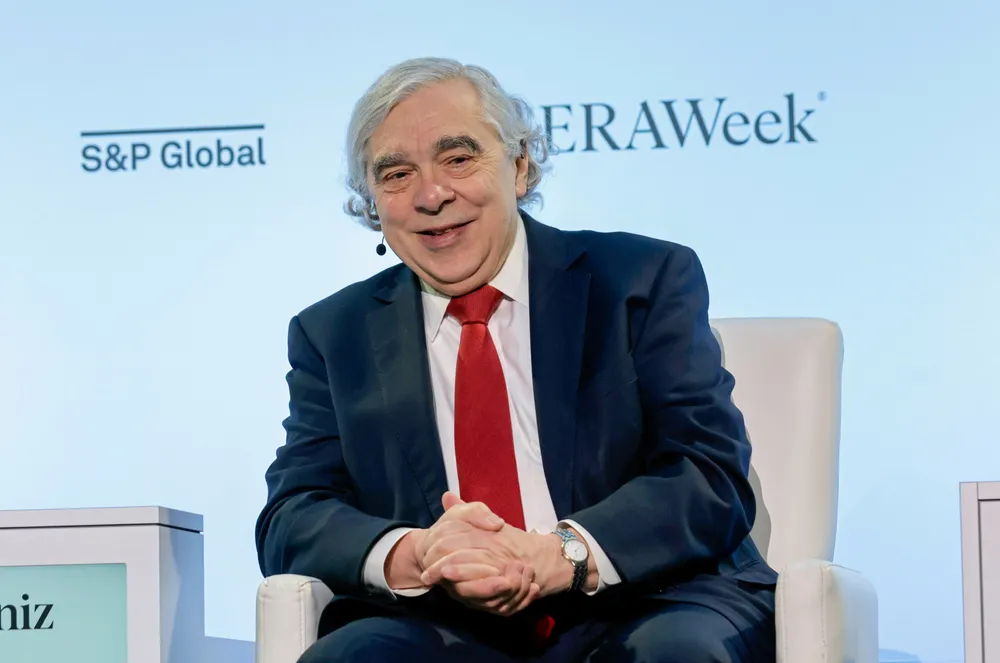US to unveil final plans for $1bn subsidy scheme for clean hydrogen users by end of September
A Contracts for Difference-style scheme is being considered, controversial programme leader Ernest Moniz tells conference

A Contracts for Difference-style scheme is being considered, controversial programme leader Ernest Moniz tells conference
